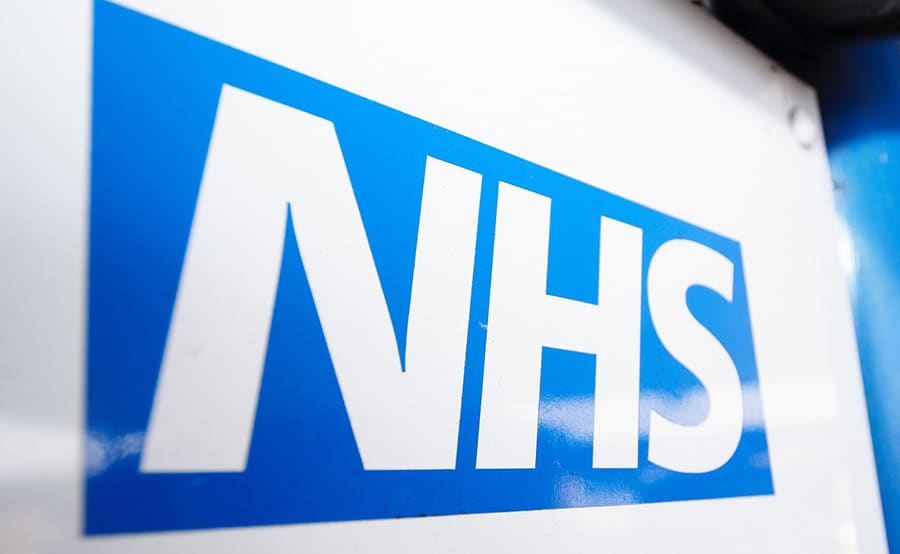More virtual wards and new hospital beds announced as part of NHS winter package

The NHS has announced steps to rapidly boost capacity and resilience, including through increasing bed availability and pushing further integrated working between health and social care services, ahead of the busy winter period.
Health chiefs will outline plans to prepare local services for additional pressure, by creating the equivalent of 7,000 more beds through a mixture of new hospital beds, ‘virtual ward’ spaces, and initiatives to improve patient flow over the coming months.
According to the NHS, the latest statistics show that less than half of patients were able to leave hospital when they were ready to in July.
It highlights that the new package of measures will see the NHS working more closely with social care services to ensure that people receive the care and support they need as quickly as possible in order to be able to leave hospital safely, and to stay well in their homes and communities.
Professor Sir Stephen Powis, the NHS national medical director, said: “Winter is always a busy period for the NHS, and this is the first winter where we are likely to see combined pressures from COVID and flu, so it is right that we prepare as early as we can for the additional demand that we know we will face.
“Staff are already under pressure with continued high demand for our services – with figures showing the busiest summer ever for NHS emergency departments, with 2.18 million A&E attendances and almost 900,000 999 calls answered in June, and in July the highest number of category 1 ambulance callouts since records began.”
Other measures announced as part of the winter package include recruiting more call handlers to deal with higher demand across 111 and 999 services. Additional capacity in the 999 system will help staff meet record demand, NHS details, with a live 999 call answer dashboard and a target to answer calls in an average of 10 seconds.
Extensive planning is already underway for an autumn COVID-19 booster programme, as well as the annual flu campaign so that those most at risk can get protected ahead of winter.
Professor Powis continued: “Ahead of the winter, we want to make sure we are doing everything we possibly can to free up capacity so that staff can ensure patients get the care they need – this includes timely discharge, working with social care, and better support in the community with the expansion of virtual wards.
“We are also making the most of the advantages that a national health service provides – hospitals will be working closely together to ensure patients can be seen anywhere in the country and to speed up call times when patients call 111.
“As ever, it is vital that the public continues to use NHS services in the usual way including using 999 in an emergency and using NHS 111 online for other health issues. And when the time comes, book in for your COVID and flu vaccines if you are eligible.”
Recently, NHS Leicester, Leicestershire and Rutland Integrated Care System (LLR ICS) introduced a virtual ward to increase hospital capacity and facilitate timely treatment of patients. Through a remote monitoring platform, ICS patients can manage their condition at home with support from clinical teams who can act swiftly if the patient’s health deteriorates.

